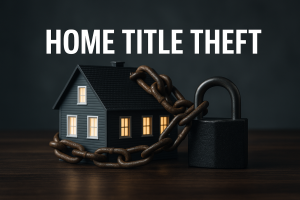Mortgage Loans
 It is sad that we are all culturally conditioned to get the biggest house that we can “afford.” And by “afford” we are talking about affording “the monthly payments” (not really being able to afford the house). If you take this too far and borrow too much you can end up being “house poor.” What that means is that your payments for your home are so significant to your own financial situation that you don’t have enough money left over for other needs and obligations. Just because someone will give you a loan doesn’t mean it works for you. It is critical that you look at the payment compared to your other monthly obligations to make sure it fits into your budget without creating an undue hardship on you.
It is sad that we are all culturally conditioned to get the biggest house that we can “afford.” And by “afford” we are talking about affording “the monthly payments” (not really being able to afford the house). If you take this too far and borrow too much you can end up being “house poor.” What that means is that your payments for your home are so significant to your own financial situation that you don’t have enough money left over for other needs and obligations. Just because someone will give you a loan doesn’t mean it works for you. It is critical that you look at the payment compared to your other monthly obligations to make sure it fits into your budget without creating an undue hardship on you.
If you can do a 15 year mortgage rather than a 30 year without creating an undue hardship you may want to consider it. Becoming mortgage debt free 15 years earlier can be a tremendous advantage to your financial future. Another option is to take the 30 year mortgage but make additional principal payments that gets you on a 15 year pace. If you are going to do this you need to be really disciplined or put it on an automatic payment, as it will be too tempting to skip some months when you would rather spend the money on something else. The one advantage of paying down a 30 year mortgage at a 15 year pace is that if a financial crisis ensues, you are only obligated for the 30 year payment (instead of being obligated to a much larger 15 year payment). In other words, you would have more financial headroom in case of a financial crisis.
I’m not a big fan of an interest only mortgage, as you are making no financial headway (you are just paying interest). Often people do this so they can “afford” a house that is out of reach financially with a traditional mortgage. I see this really as renting rather than owning since you are just making payments to live there but not making equity progress from a payment perspective. Some have done this in markets that are expected to have significant price appreciation, making a play to make a profit from the equity gain while paying as little as possible. This is somewhat of a risk (leverage cuts both ways).
I’m also not a big fan of a mortgage over 30 years. In my opinion, if you need to take out a mortgage that long in order to afford the payments, you are probably buying too much house.
Another cost of a mortgage loan that you want to avoid is PMI. PMI = Private mortgage insurance. This is generally required for anyone that puts down less than 20% of the purchase price of a home. This can add a significant amount to your monthly payment. This insurance is for the lender (in case you can’t make the payments) but you pay for it. The only way to get out of this is to put down at least 20% or request that it be dropped once your home value increases and your equity position gets you to 20%. Check with your lender to find out how this process works (what proof do they need). In many cases you will need to pay for an appraisal to prove that you have the 20% equity.
Related Article: Stop Paying PMI

Financial benefits of hiring a Geriatric Care Manager
If a loved one is in need of elder care advice or services, you may want to consider a Geriatric care manager (GCM). A seasoned Geriatric care manager with experience can be extremely valuable to family members who are going through the process of helping care for an...
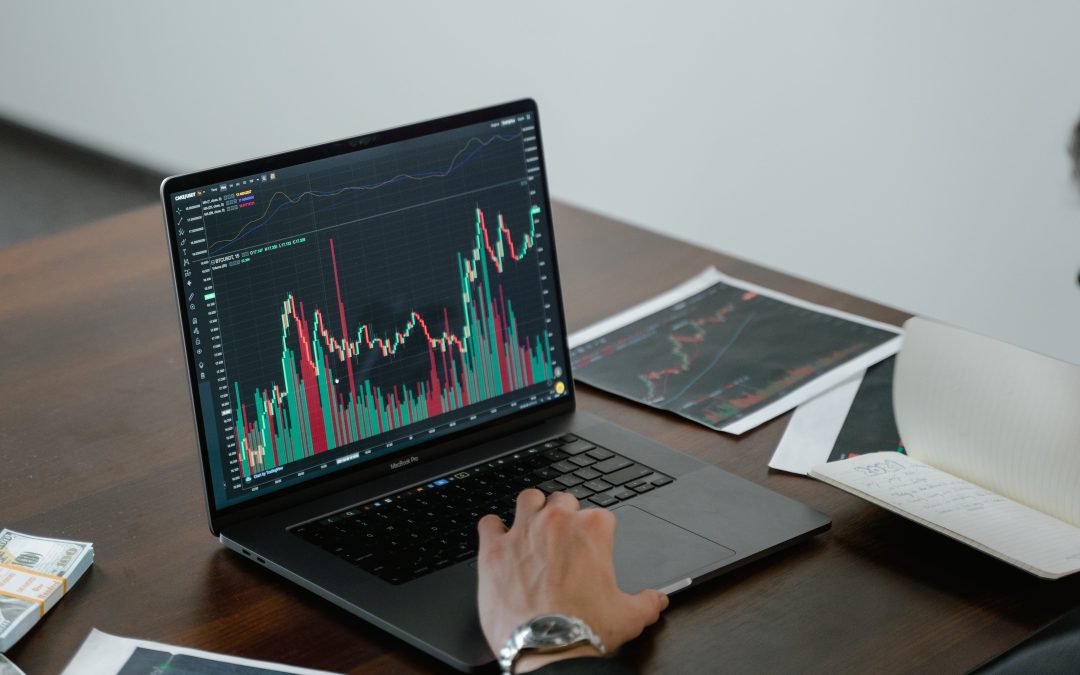
Fund comparison: Vanguard VTSAX vs Fidelity FSKAX
VTSAX and FSKAX are total U.S. stock market index funds offered by two investment giants, Vanguard and Fidelity. VTSAX = Vanguard Total Stock Market Index Fund Admiral Shares FSKAX = Fidelity Total Market Index Fund Chart comparing VTSAX vs FSKAX CategoryVanguard...

2024 IRS standard mileage rate is 67 cents per mile
The new standard mileage rate in 2024 per the Internal Revenue Service is 67 cents per mile, an increase of 2.3% over the previous year. This is the standard rate employees can submit to their employer for non-taxable business mile reimbursements for travel in...

Benefits of Restricted vs Performance Stock Units
Restricted Stock Units are time based whereas Performance Stock Units are time and performance based. Both allow the company to incentivize employees to contribute to the success of the company, as a higher stock price results in a greater benefit to the...

How much to budget for home maintenance and repairs
Home ownership can be great, but it also involves a more complex level of budgeting and planning. One method is to use the general guideline of reserving 1-4% of your home's value per year for home maintenance, repairs and improvements. Another method is to schedule...
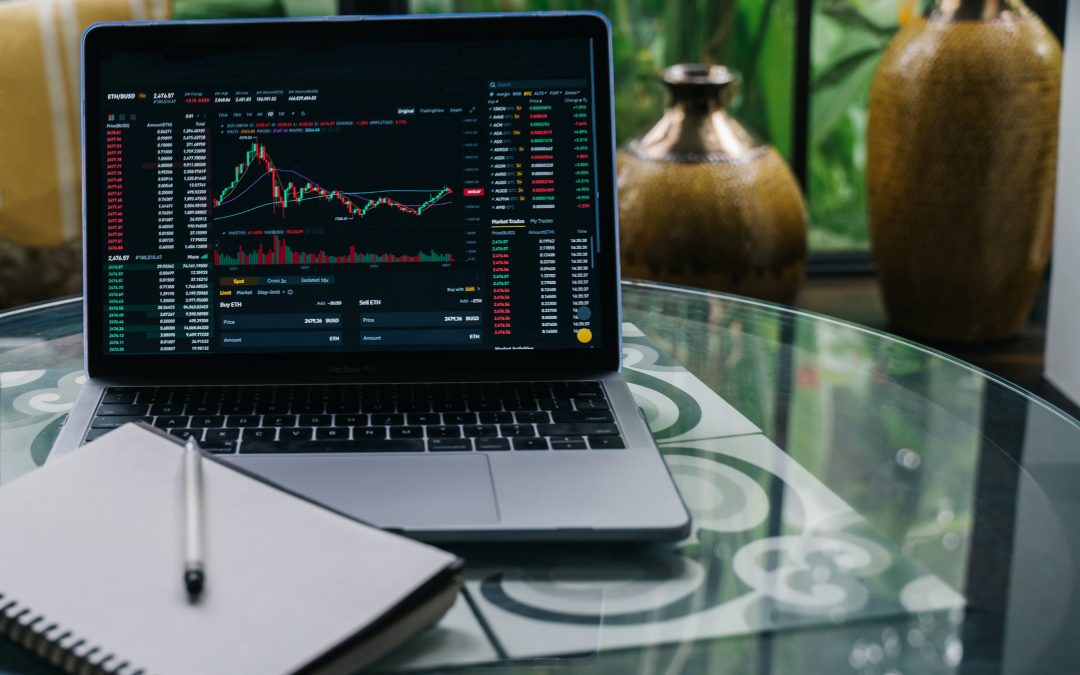
Vanguard VTSAX vs VTI: How to Choose Between Them
VTSAX = Vanguard Total Stock Market Index Fund Admiral Shares VTI = Vanguard Total Stock Market ETF Both VTSAX and VTI are Vanguard products, and they both allow the investor to invest in the entire US Stock Market. Their composition is aimed to be of...
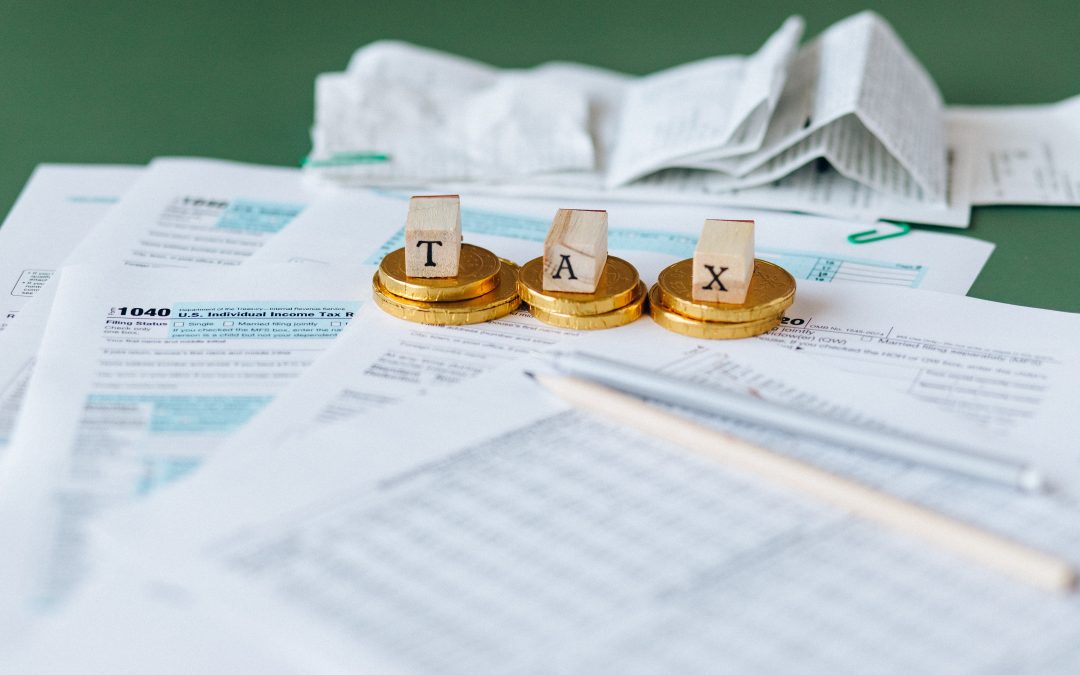
Do trusts need separate tax identification numbers?
Trusts need a tax identification number, but that could be an already existing social security number or an employer identification number (EIN), depending on the type of trust. Remember that a social security number and an EIN are both nine digits long. The social...

Use a Pet Emergency Fund for Emergencies and Illnesses
Pets are great, but they can also be quite expensive, especially for unexpected emergency care. Pet owners have enough stress in just dealing with an unexpected medical situation for their furry friend. Having an emergency fund can be one of the best ways to...

Understanding the difference of Revenue vs Cash flow
Revenue is the top line earnings of your business, also often referred to as sales. Cash flow is what you actually receive in payments from your customers less what you actually pay for expenses and capital purchases. Accrual Accounting Method Accrual basis accounting...
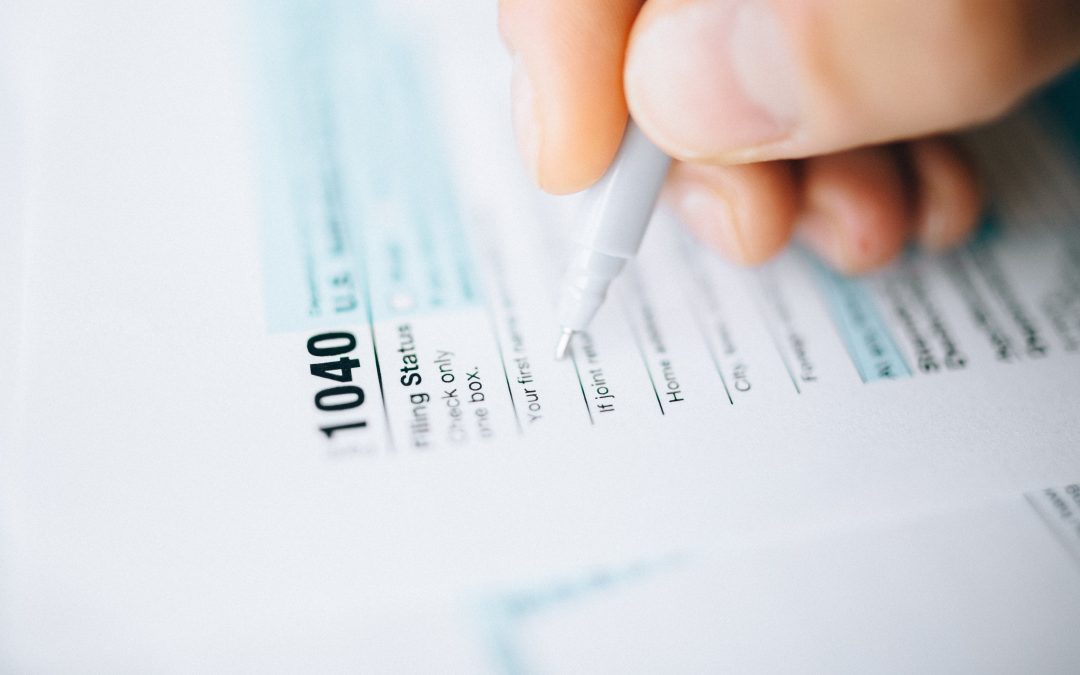
When does Fidelity send tax forms for investments?
IRS form due dates this tax season Fidelity investments, as with any registered broker-dealer or investment firm, is required to provide these investment related IRS tax forms to investors by the following due dates for the...

